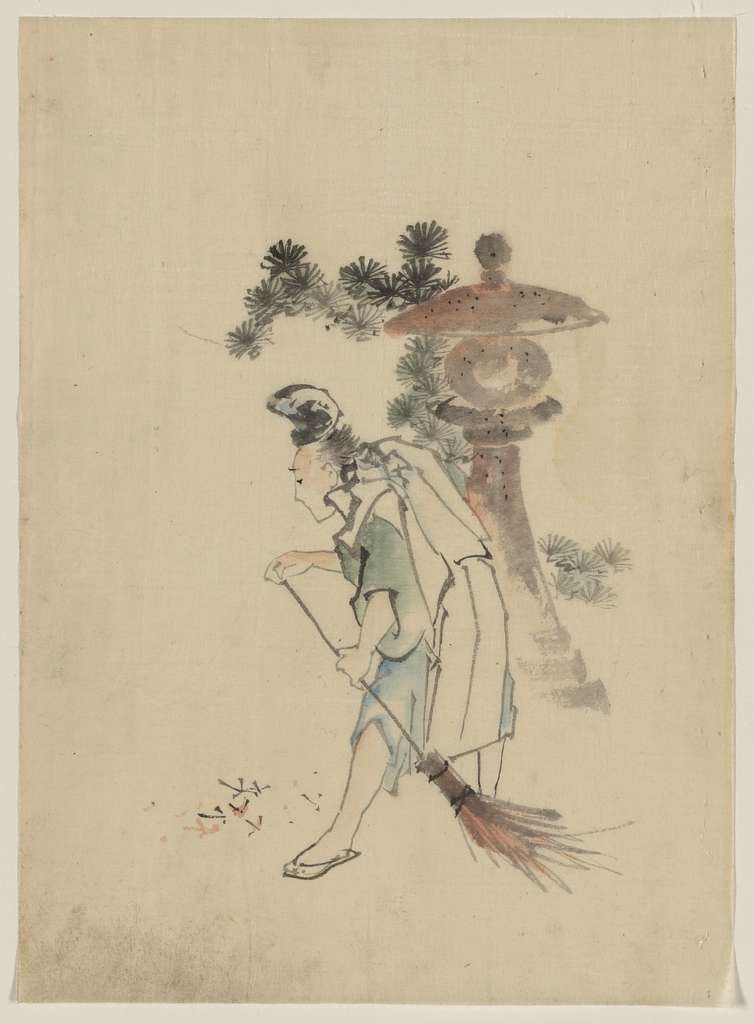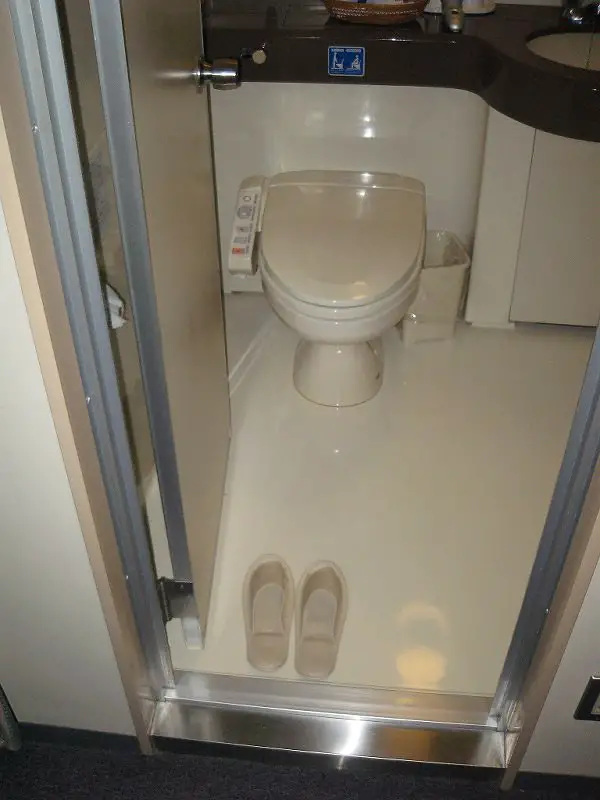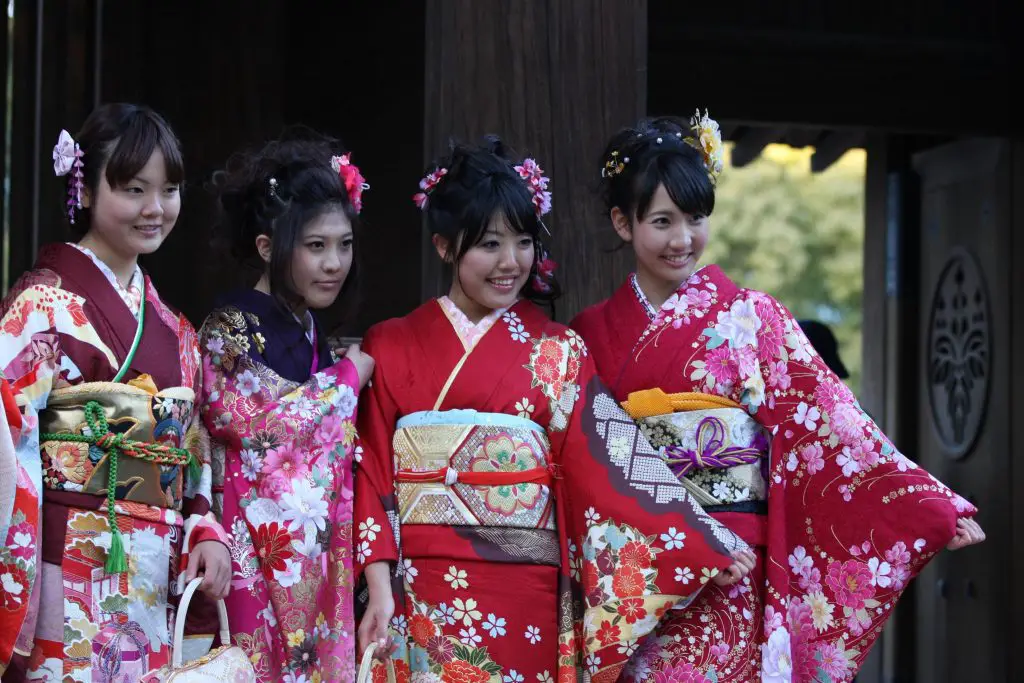What is the beauty standard of Japan?
This article explores the history and current trends of Japanese beauty standards. It discusses the evolution of traditional looks such as geisha and Kabuki, as well as modern influences from globalization and western culture. The article also examines physical attractiveness, skin care, makeup trends, hair care and styling, body image and health consciousness, and cultural influences on Japanese beauty standards. Overall, it is shown that while pale skin remains desirable amongst all age groups in Japan, younger generations tend towards more natural looking makeup styles paired with trendy haircuts plus healthy lifestyles to promote positive body images.







